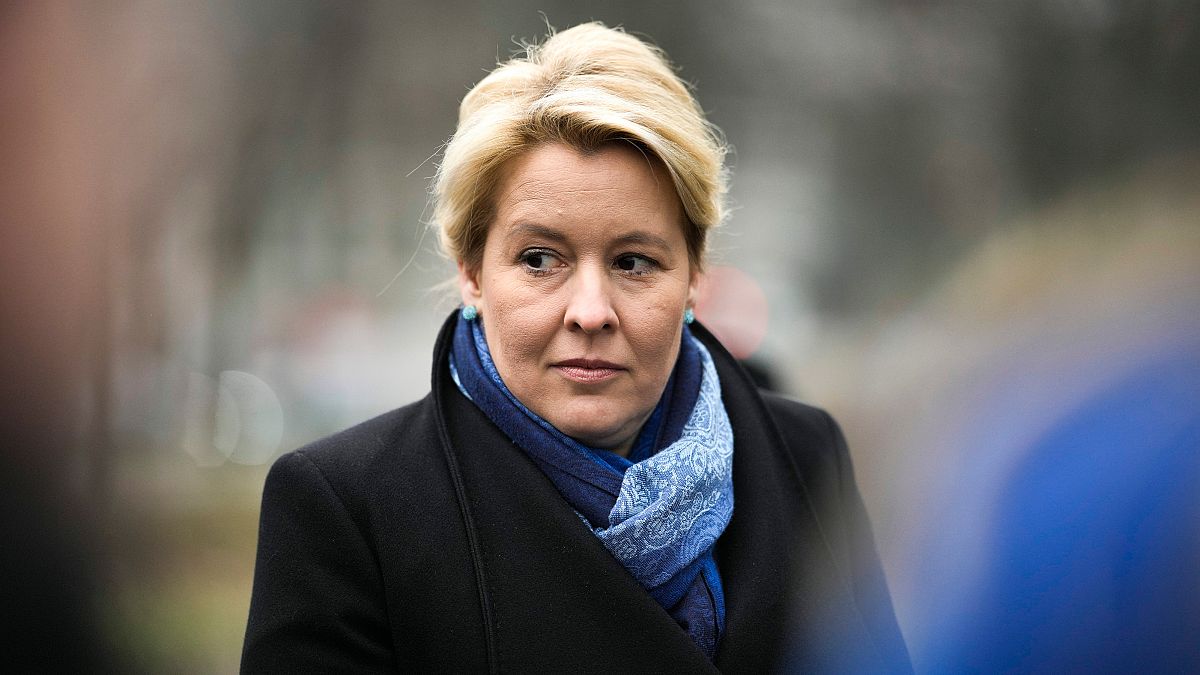The rise of far-right sentiment in Europe, particularly in Germany, has led to an increase in threats and attacks on public figures and various groups. Most recently, a prominent Berlin politician, Franziska Giffey, was violently assaulted and suffered injuries to her head and neck. The attack occurred during an event at a Berlin library when a man approached her from behind and hit her with a bag containing a hard object. Giffey was taken to the hospital and treated for her injuries, while the alleged perpetrator has been identified by Berlin prosecutors.
Berlin Mayor Kai Wegner strongly condemned the attack, emphasizing that any form of violence against politicians is an attack on democracy. This incident comes amidst a string of recent attacks on politicians in Germany, raising political tensions in the country ahead of the upcoming European elections. The increase in political violence has sparked concerns among government and opposition parties, who are calling for increased protection for politicians and election rallies.
In Germany, there were 2,790 attacks on elected representatives in 2023, according to a report by the German Parliament. Representatives from various political parties were disproportionately affected by these attacks, with members of The Greens being targeted in 1,219 cases, followed by representatives of the far-right Alternative for Germany party (AfD) in 478 cases. The country’s vice chancellor, Robert Habeck, and the vice president of the German Parliament, Katrin Goering-Eckardt, have also faced threats and intimidation in recent months.
As the atmosphere in Germany remains tense ahead of the upcoming European elections, federal interior minister Nancy Faeser has suggested tightening criminal law to punish anti-democratic acts more severely. Many of the attacks have been concentrated in the eastern part of the country, where Chancellor Olaf Scholz’s government is unpopular. Mainstream parties have accused the AfD of having links to violent neo-Nazi groups and creating an intimidating political climate, leading to concerns about the party’s potential gains in the upcoming elections.
The escalating political violence in Germany has prompted calls for increased protection for politicians, stricter measures against anti-democratic acts, and a concerted effort to combat the rise of far-right sentiment across Europe. The attacks on public figures and politicians have created a climate of fear and intimidation, threatening the democratic values that are fundamental to German society. As the country prepares for important elections, the need for safeguarding democracy and ensuring the safety of elected representatives has become paramount.


























